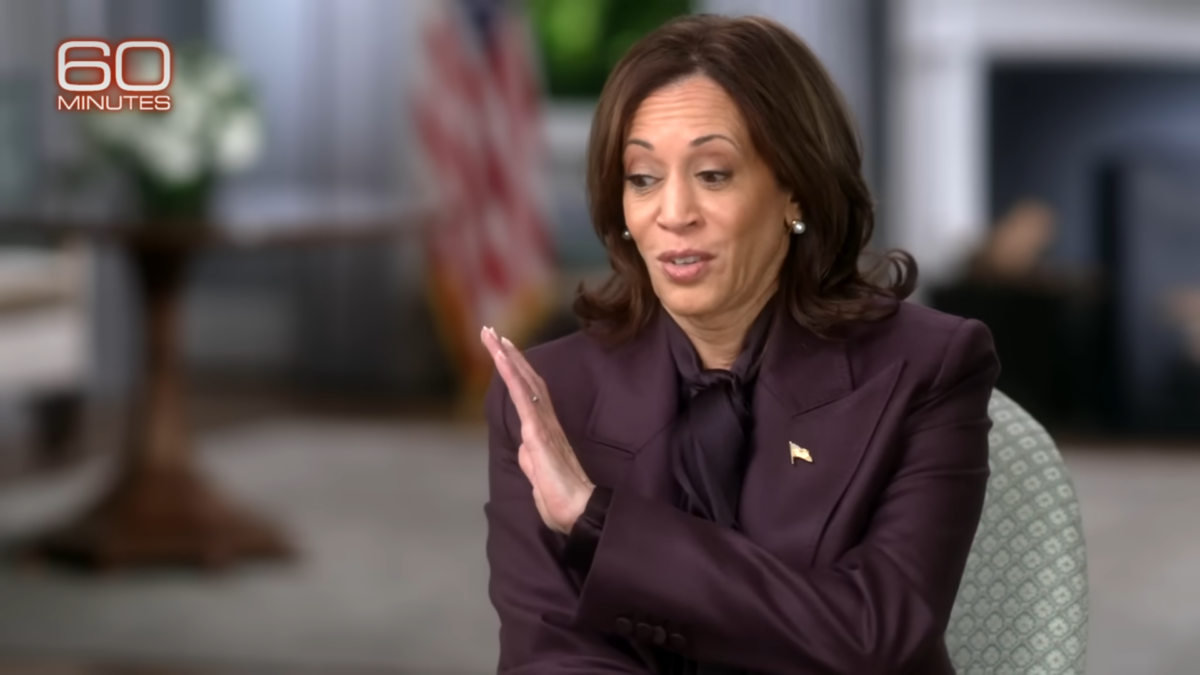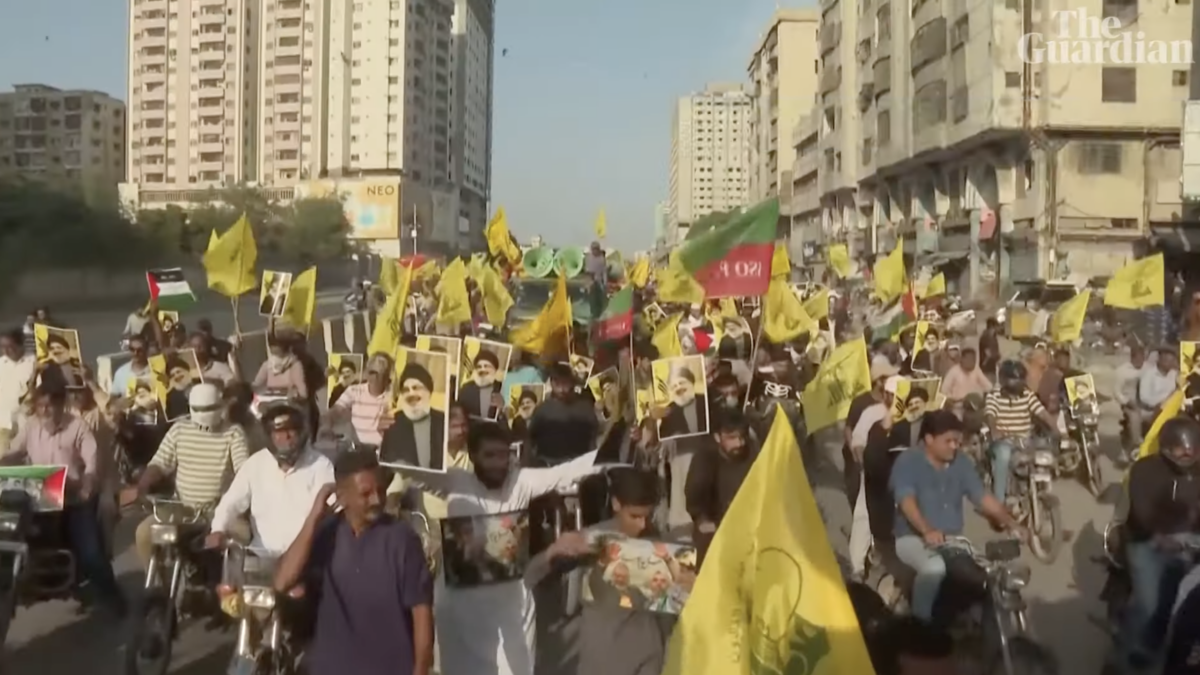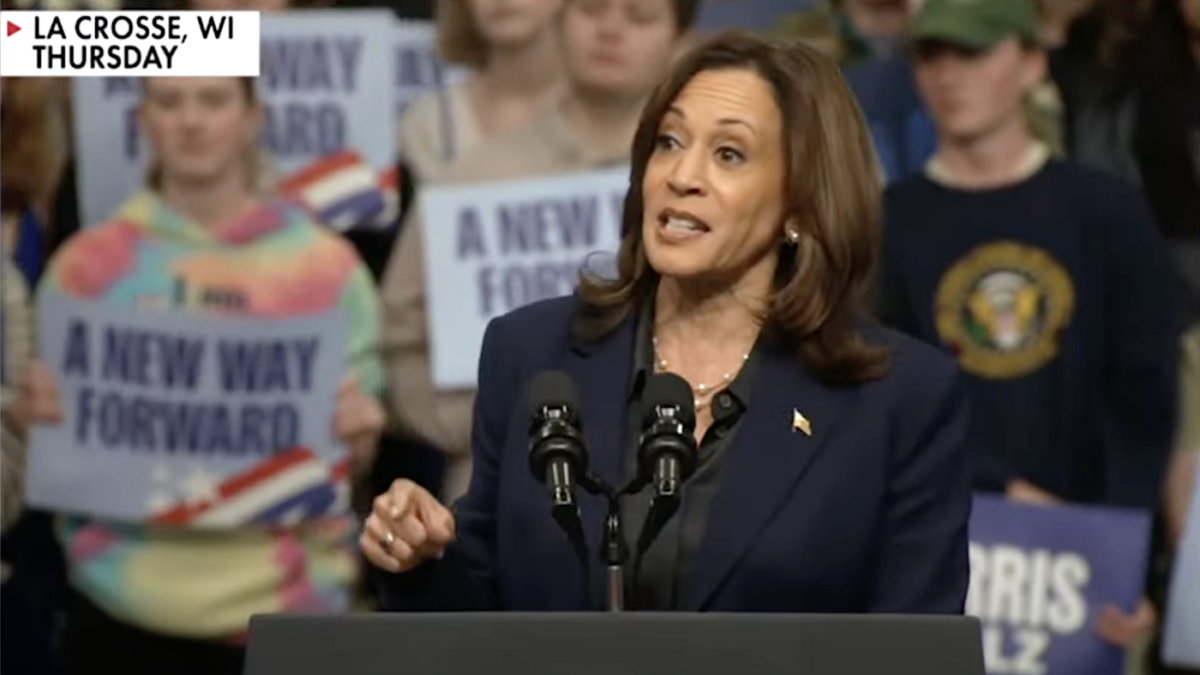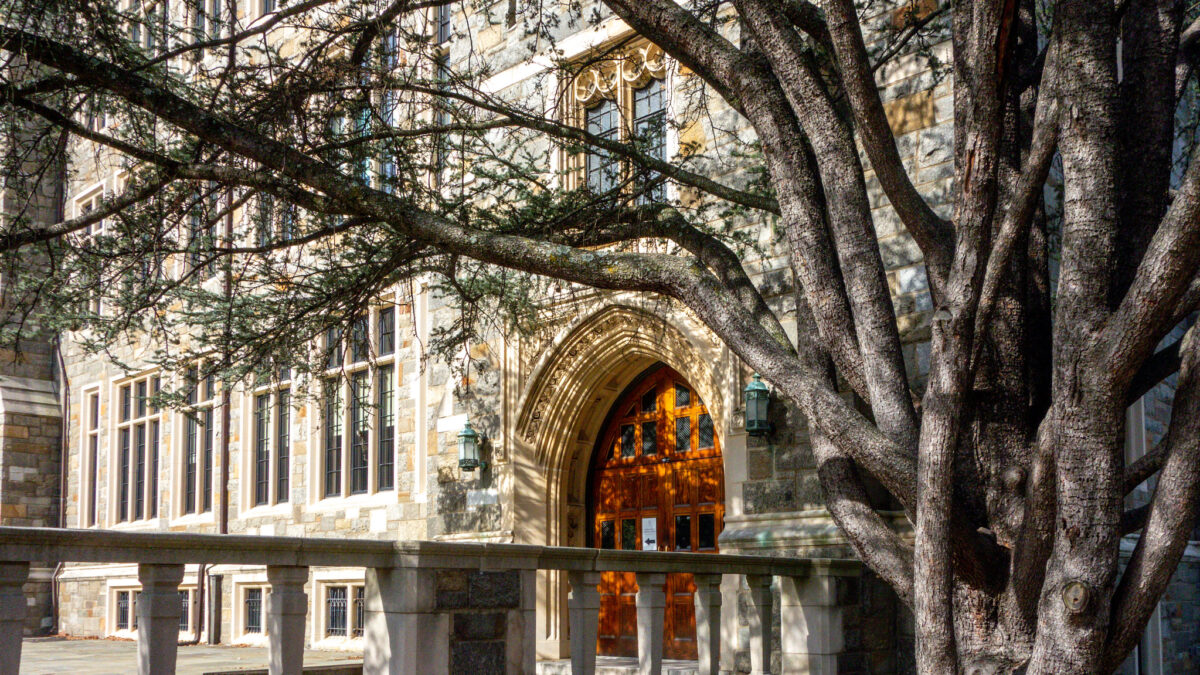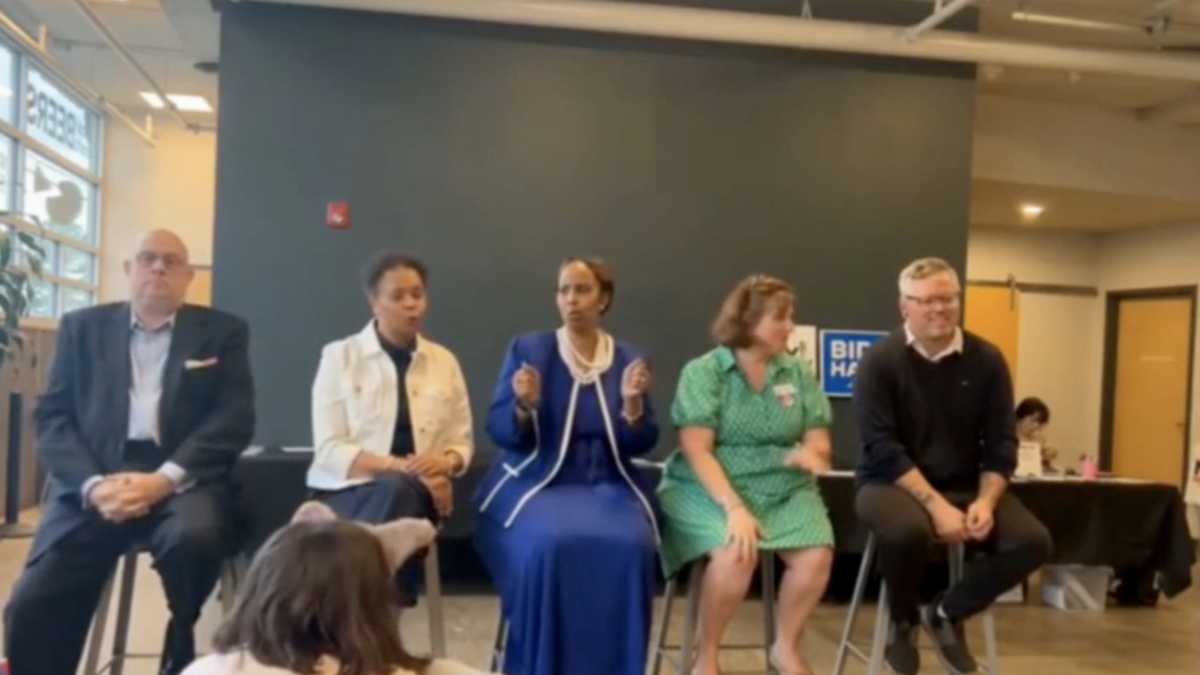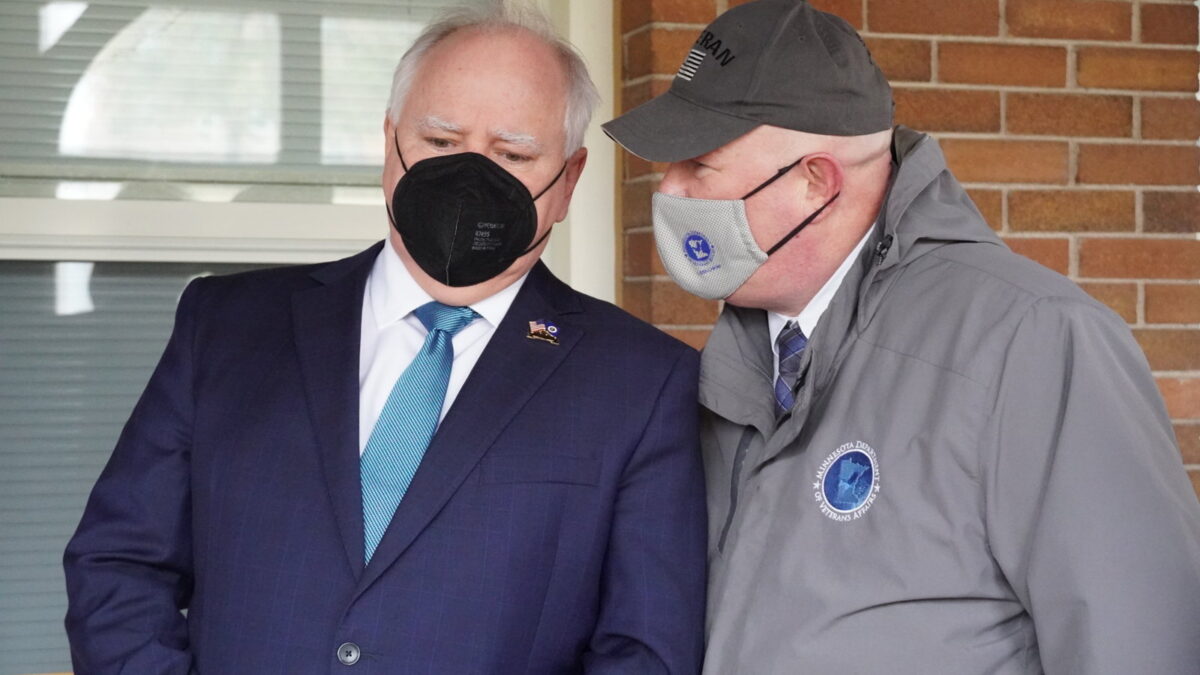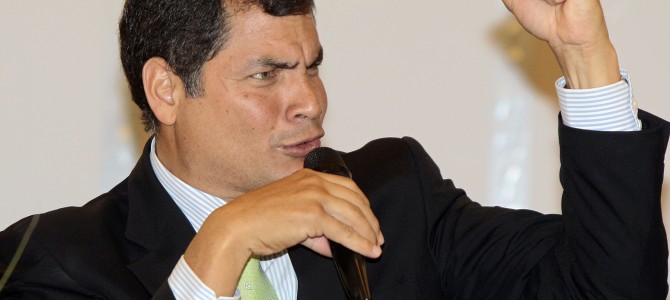
Rafael Correa, president of Ecuador, has effectively expelled the United States Agency for International Development (USAID) by refusing for almost two years to allow the agency to extend its current programs or initiate new ones. He has long insisted that all international development programs in his country are the property of Ecuador and that he can dictate their actions, but his latest dictate is a serious blow to freedom in Ecuador: there will be no more programs to strengthen civil society or freedom of information. The United States is refusing to buckle to this demand and so is closing up shop in September of this year.
But while it is clear that Correa deserves the ultimate blame for the shuttering of USAID in a de facto dictatorship that desperately needs development aid, what role has President Obama played in bringing us to this point? A pretty big role, it turns out.
To put Correa’s decision in context, his actions are part of a trend over the last several years of pushback against foreign support for civil society and democracy programs around the world. Nine months ago, the avowed “socialist” president Evo Morales of Bolivia actually expelled USAID for what he considered meddling in Bolivia’s affairs. In 2010 the late Hugo Chavez restricted indigenous NGOs from receiving foreign support; the last program in Venezuela moved to Miami a few years back. After threatening for years, Russia in 2012 stymied USAID programs with legislation restricting the activities and financial operations of NGOs. Egypt under the last three governments has gone from simply tolerating USAID democracy and civil society programs to attempting to arrest and try Americans involved in such programs, such as the son of a former Obama transportation secretary.
Putin, Morales, Chavez, Correa, and a host of others have been ignoring the memo on “the end of history” for a long time; but with Obama’s timid and apologetic global stance these last five years, these autocrats are taking decisive action to thwart any form of support for indigenous activists struggling to bring their countries into a democratic future.
For that is what pushback is all about—especially in Latin America, the Middle East and Russia. These regimes enjoyed the fruits of democratic openings and uprisings when it benefited them but now they lash out when they feel threatened by citizens who continue to act like real citizens by demanding a free press and the right to organize and act on their political, social, and environmental grievances. Over the years, democracy promoting agencies of the United States, the EU and the UN helped citizens learn how to organize and engage in civic affairs, and the tide began to turn toward democracy. In the case of Bolivia, for example, long-standing allies of the US were toppled due to citizen power that we helped engender and in their place leaders of indigenous and marginalized groups came to power. But the newly empowered Morales didn’t want any further citizen action that could topple him—even when they were just petitioning the government to stop despoiling their lands for infrastructure projects—so he, like Chavez the mentor of them all, began to rewrite the constitution, give himself unlimited terms in office, intimidate his opponents and reshape the judiciary and local government structures. In his case as in the others, pseudo-democracies emerged. These are elected dictatorships that have been hanging on to power via corruption, vote-buying and intimidation. Controlling the state almost absolutely, they control lives.
This has happened in many countries where support for democracy has been the policy of the West. Realist critics point this out, but let us make no mistake. In no case has the US created a democratic opposition made up of frustrated citizens who are sick of the economically failed state that abuses them for the sake of a privileged elite. Incompetent and autocratic governments created those conditions. The West’s and especially the United States’ response has been to continue to aid citizens who desire freedom. Besides, dictatorships of any stripe are rarely stable (even Mubarak fell eventually) and are in any event not necessarily long-term allies of the US when they can be bought by our enemies or subverted due to their failures to satisfy their countrymen’s needs.
A mixed history
The following is a brief chronology of US development work that brings us to this point in Ecuador and helps us see what this means for the United States under three more years of Obama.
Development work began in earnest with the Marshall Plan, with the US goal being to promote democratic capitalism. That worked very well in Europe and even Japan because the historical and cultural conditions were conducive to success. But admittedly, over the various administrations that ensued, not everyone working in development has understood that freedom is indivisible, that free markets and free peoples go together if both are to thrive. At times we have tried to focus mostly on economic, agriculture, education and health programs, for a couple of reasons. First, some administrations ignored the important role that foreign aid can play in our diplomacy and security concerns and so they left the work to development scholars and officials who just don’t like the idea of the US influencing how people arrange their affairs; they’d rather stick to solving poverty and disease and environmental problems. Think of this as the “US is a big NGO with philanthropy goals to fulfill” mindset.
Second, some officials charged with foreign aid strategy have been worried that doing too much to support democrats in developing countries could get us kicked out. They have bought into the idea that if we just solve enough economic problems for people, they’ll eventually move their state toward democracy. While I don’t discount the value of considering this strategy in countries where we have little influence over a very powerful regime (e.g., China), or in countries where we have a critical strategic interest (e.g., some of the oil exporting states), it can be taken to extremes that give too much of a pass to dictators and place too much hope in the stability of our “strategic partner.” We can note that the Cold War made it hard to insist on democratization in all countries, but even at the height of the Cold War Reagan’s rhetoric and actions supported not only the Lech Walesa’s of the world but also equally brave souls who brought down Marcos in the Philippines and Pinochet in Chile. Yes, the record is a bit mixed because every now and then an “S.O.B.” was spared (to use FDR’s term), but in general the US demand was for the world to catch up with the wave of democracy made possible after the end of colonialism.
What both mindsets miss is that only free peoples can prosper in a lasting way and thereby shape their governments to be peaceful democracies who value stability in the international system. Such a system should be the primary goal of all US foreign policy and security strategy. Besides, even when democracy is a long time coming, it is valuable for US security reasons for dictators to be harassed at every turn by the demands of their people for freedom. Development plays a small role in our foreign policy, but it is a critical role.
Fast-forward to Bill Clinton where we find him enjoying the post-Cold War atmosphere. He was willing to place a new emphasis—and greater spending—on promoting democracy and human rights as part of our foreign aid. He took advantage of the great tools provided by Reagan with the National Endowment for Democracy and the party, labor, business and press NGOs created by statute. He began to turn USAID into the point of the spear for supporting democrats around the world and made greater diplomatic use of the State Department’s bureau for democracy, human rights and labor. George W. Bush did likewise with even greater spending but also with his national security strategy, stronger rhetoric (especially his second inaugural address) and a greater number of determined political appointments to his administration. His Freedom Agenda and the Millennium Challenge Corporation (MCC) required that programming for every country that received development aid have the goal of supporting democratic forces and helping them to build democratic institutions. In the case of the MCC, countries were eligible for significant sums of economic aid only if they were clearly and consistently democratic. Bush had a mixed record, like Reagan, but the War on Terror had much to do with that.
No quick fixes
But with the advent of the Obama administration, US policy has taken a serious turn away from emphasizing support for democrats and building development programs around their goals. His administration, from day one, has emphasized all the other elements of development spending: economics, heath, education, agriculture, etc. The latest example is the recent decision to cut spending on democracy by over 50 percent in the Middle East and North Africa. In fact, when more spending was most needed, during the Arab Spring and the Green Revolution, Obama didn’t ask for it. Now he has determined to almost completely withdraw from this element of foreign policy. Is it because his administration embraces the “we’re just a big NGO” approach, or because he thinks it is too hard to support democrats when the region is on fire from his failure to stand up to aggressors? I hear things that make me think it is both, but I know that many among his administration are happy to go back to the “safer” kind of programs that dictators are willing to tolerate while those officials who believe there can be no sustainable development without freedom are dismayed.
To be sure, his rhetoric and strategy have produced the consequences you would expect when autocrats don’t think their oppression and their inevitable aggressive international moves will be challenged. While the pushback started in the Bush years when Russia and Venezuela began harassing and threatening activists, now under Obama, when the US government is showing more weakness in the face of pushback (and withdrawing from conflicts he initially engaged in in Syria, Libya, and Iran, e.g.), the autocrats are expelling or de facto expelling the US government and closing down programs that bother them.
The reason these regimes give for their actions is the same: the US and others are meddling in the affairs of our sovereign nations. In the case of the Latin Americans a more colorful reason is offered via Chavez’s Bolivarian Alternative for Latin America (ALBA), a regional grouping he created to allow him to lead the opposition to the US in the region in the name of his unique brand of “socialism.” He considered ALBA to be an outgrowth of his Bolivarian socialism (one can only imagine how horrified the Great Liberator would be to hear of such a program bearing his name). ALBA’s goal is to spread the late dictator’s brand of “socialism” in opposition to the “rapacious capitalism” of the US and its friendly indigenous “oligarchs” in the region. I put the word socialism in quotes because he and his minions were hardly doctrinaire; it has been more like thuggish control of a petro-state by dictators bent on ruling forever. For Morales, Correa and others, the excuse is the same for their assaults on US civil society and democracy programs, but the truth is obvious: they don’t like to be challenged by their own citizens who learned strategy and techniques and got funding from the US, the EU and even the UN. I think it is also obvious that with bold moves such as Correa’s, they don’t think they have to tolerate challenges any longer.
So then, what does this mean for Ecuador, Latin America and other countries ruled by elected dictatorships and pseudo-democracies? It means that dozens of dictators are emboldened to make sure their Lech Walesas are starved of support. It means that millions of people around the world who have looked to the United States for not only inspiration but also technological support will be deprived of both. They see a United States under Obama shrinking from both the aggressors and oppressors. Generations of people are disillusioned who thought the United States was there for them, if not to invade and liberate them, at least to support them with the tools they need to make their societies ones of freedom and democracy.
I do not fault the Obama administration for shuttering the USAID office in response to Correa’s actions, but I hope it will contemplate what role it has played in this turn of events and devise a strategy to shore up the democrats of the world with our rhetoric and our actions. These oppressed millions are literally democratic governments in waiting, as was Lech Walesa and Solidarity and a host of other examples. We can only imagine what our world would be like today if Reagan had chosen a path that had dispirited them and deprived them of the vital support they needed to make themselves free and improve life for all of us.
There are no quick fixes, but there is no hope for a more stable and peaceful world if the only power that can help bring it about dithers and shrinks. We’ll eventually have to act, likely on the field of war in various places, if we do not sustain our allies with our words and deeds over the next three years.


